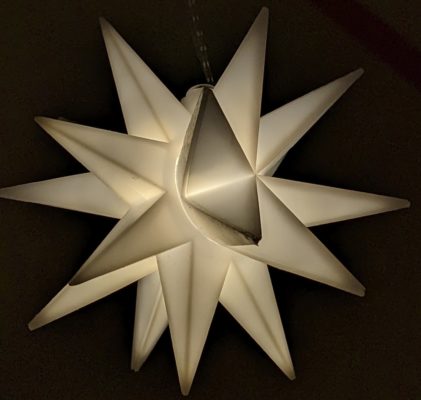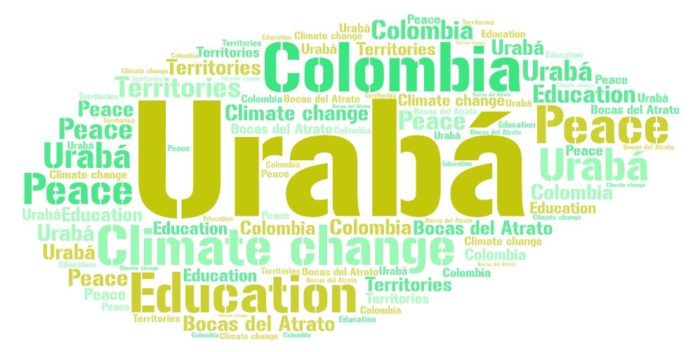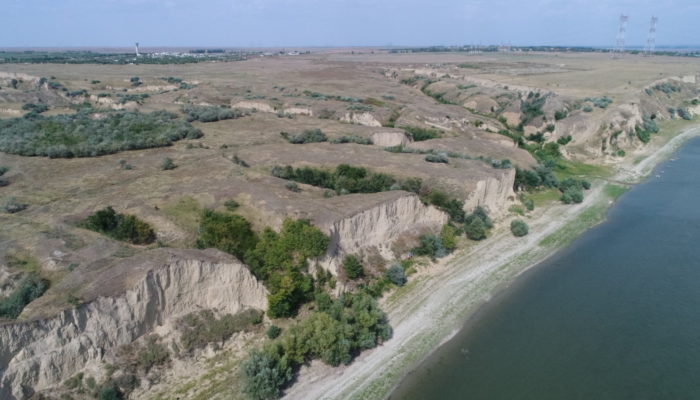About the blog series: Life of a Climate scientist Life of a Climate Scientist is a new blog series started by the EGU Climate Division. The main focus of this series is to provide a platform for climate scientists to tell their stories of life in research. We will be covering a wide-range of subjects, from their scientific endeavors and maintaining work-life balance to challenges they have faced ...[Read More]
Seasonal love letter
Dear Climate enthusiasts, dear EGU lovers, dear early and senior climate scientists, I write to you in the second of two very challenging years for each and everyone of us. We faced many difficulties, hardships, and maybe even some opportunities and it is the time of the year to reflect on that. For geoscientists it is also the time of the year to plan the next conferences and consider what to sub ...[Read More]
High school-University Connection: Teaching experiences in rural communities regarding climate change
Understanding how our environment is changing under a warmer climate will be one of the new challenges our children will face. Meanwhile, teachers are challenged to seek new pedagogical strategies for teaching climate change in the youngest, especially in rural communities, which are one of the most vulnerable to climate change impacts, as they lack resilience towards surviving extreme events. Alt ...[Read More]
Dust thou art, and unto dust shalt thou return – palaeoclimatological implications of provenance studies of Southeast European loess deposits
Previous blog posts have highlighted the importance of loess as an indicator of climate and environmental changes in the past. These posts showed the relevance of loess deposits as archives of Pleistocene climates and environments, the importance of using novel approaches in mapping these and other Quaternary-related sediments, the aspects of dating loess deposits, as well as the peculiarities o ...[Read More]




